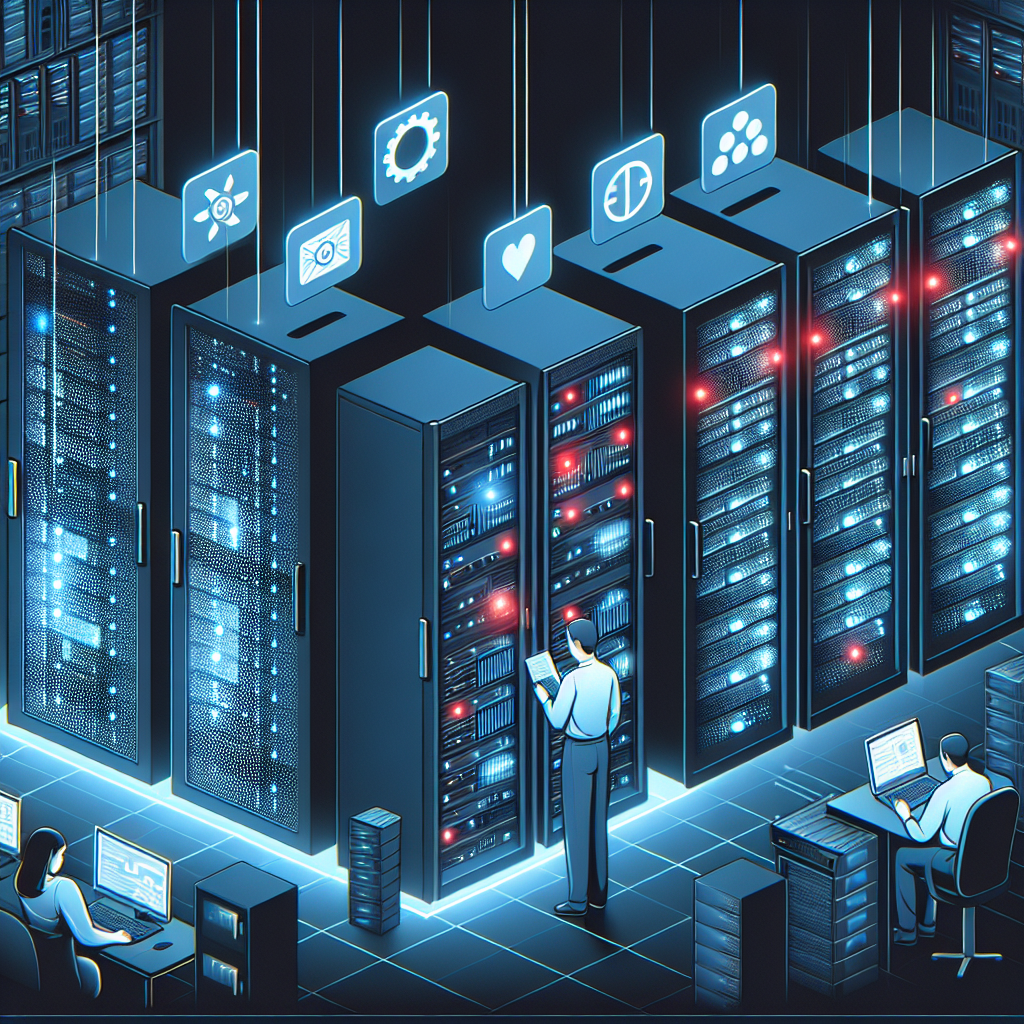In today’s digital age, data centers play a crucial role in storing, processing, and managing vast amounts of data. However, like any complex system, data centers are not immune to issues and problems that can arise unexpectedly. From power outages to network failures, data center downtime can have a significant impact on business operations and productivity. That’s why it’s essential for data center administrators to be proactive in troubleshooting common issues and implementing best practices to minimize downtime and ensure smooth operations.
One of the most common issues that data centers face is power outages. In order to mitigate the risk of downtime due to power failures, data center administrators should implement redundant power supplies and backup generators. Regularly testing and maintaining these systems is also crucial to ensure they are functioning properly in case of an emergency. Additionally, investing in uninterruptible power supply (UPS) systems can provide a temporary power source during outages, giving administrators time to properly shut down systems and prevent data loss.
Another common issue that data centers encounter is cooling system failures. Data centers generate a significant amount of heat due to the high-powered servers and equipment they house. If the cooling system fails, servers can quickly overheat and crash, leading to downtime and potential data loss. To prevent this, data center administrators should regularly monitor and maintain the cooling systems, ensuring they are functioning efficiently and effectively. Implementing hot and cold aisle containment strategies can also help optimize airflow and temperature regulation within the data center.
Network failures are another common issue that can disrupt data center operations. To troubleshoot network issues, administrators should regularly monitor network performance and troubleshoot any connectivity issues promptly. Implementing redundant network connections and utilizing load balancing technologies can help mitigate the impact of network failures and ensure high availability of services.
In addition to these common issues, data center administrators should also be proactive in monitoring and addressing hardware failures, software glitches, and security breaches. Implementing comprehensive monitoring tools and regular system audits can help identify and address potential issues before they escalate into major problems.
Overall, proactive maintenance, regular testing, and implementing best practices are essential for troubleshooting common data center issues and ensuring the smooth and efficient operation of data centers. By being proactive and prepared, data center administrators can minimize downtime, protect valuable data, and ensure business continuity.


Leave a Reply